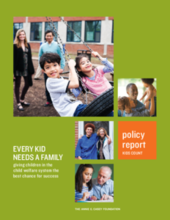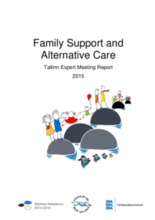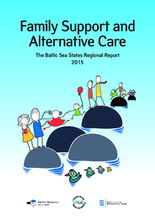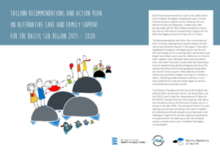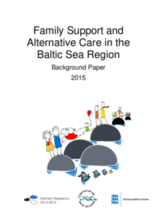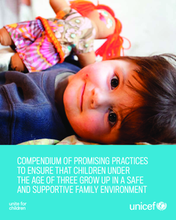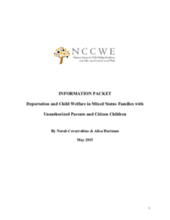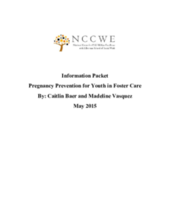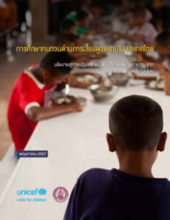Displaying 921 - 930 of 1727
This KIDS COUNT policy report highlights the benefits of family care for children and the need to prioritize family settings for all children in the child welfare system in the United States.
This report provides an overview of the two-day expert meeting on alternative care and family support in the Baltic Sea Region that took place in Tallinn, Estonia in May 2015.
This report was developed as part of a mapping study aimed at analysing the situation of alternative care and family support in the Baltic Sea Region, assessing the achievements since the 2005 Ministerial Forum and identifying relevant opportunities and challenges for the future.
Government representatives, experts and professionals from the Baltic Sea Region including Denmark, Estonia, Finland, Germany, Iceland, Latvia, Lithuania, Norway, Poland, the Russian Federation, Sweden and wider Europe gathered at a two-day expert meeting in Tallinn, Estonia and, together, endorsed a set of recommendations and action plan on alternative care and family support on 6 May 2015.
This background paper was developed as part of a regional study which gathered relevant data and information on family support and alternative care in the eleven Member States of the Council of the Baltic Sea States (CBSS).
This Compendium is a compilation of the most encouraging initiatives in the area of prevention of child abandonment and relinquishment that have been implemented and tested in the CEE/CIS region.
This information packet provides an overview of deportation of family members in families of mixed immigration status in the United States, as it relates to child welfare.
The International Social Service (ISS) has launched its Manifesto For Ethical Intercountry Adoption. The Manifesto seeks to promote ethical practices by all adoption stakeholders to better protect children, whether in the receiving country or country of origin, including inter alia, biological parents, adoptive parents, professionals and government representatives.
This information packet from the National Center for Child Welfare Excellence presents demographic data on pregnant youth in foster care and best practice tips for pregnancy prevention among youth in foster care in the US, as well as an overview of a model pregnancy prevention program and a list of additional resources.
The purpose of this research was to capture more accurate and detailed information regarding children in various forms of alternative care in Thailand.

